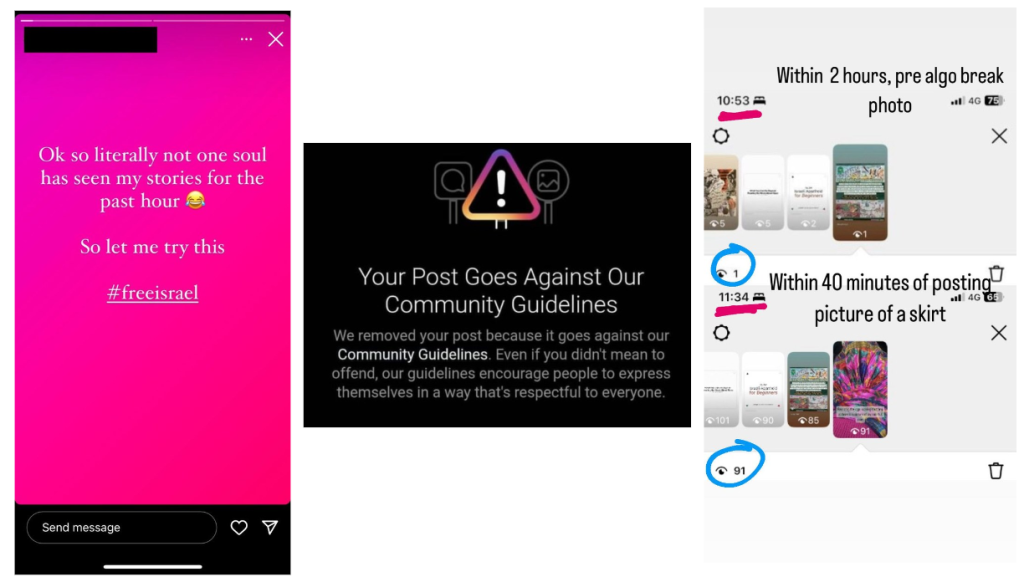Back in 2020, I had an idea: a personal assistant service, online, built to help people achieve their goals with the help of a pool of specialized human assistants. The vision was focused, humble, and deeply rooted in a real need I felt, especially for entrepreneurs like myself, juggling too much, too often. I called it Ettikal, the Arabic word for “dependable.” Because that’s what I wanted it to be. A dependable support system.
Fast forward a few years, and Sam Altman and his team at OpenAI have built something not just similar in spirit, but vastly more ambitious in scale. What they’ve created has, quite literally, changed the course of human civilization. That’s not an exaggeration.
Looking back at Ettikal, and now witnessing what OpenAI has done with ChatGPT and beyond, I can’t help but reflect on the difference in scale. But more importantly, the difference in thinking. That difference was everything.
Here are a few lessons I’ve internalized and hope to carry with me into every future endeavor.
1. Software Eats the World and Then Some
I spent months trying to find, vet, train, and retain the right talent. It was an uphill battle of human complexity. Even at my most optimistic projections, scaling would have meant scaling people, which involves more management, increased costs, different time zones, and a higher chance of errors.
OpenAI, on the other hand, leaned into software. Their “assistant” wasn’t a human team. It was a language model. Software doesn’t need to sleep. It doesn’t get sick. It learns, scales, and replicates with precision. This isn’t just about replacing people. It’s about completely breaking past human limitations.
What I was trying to do with ten humans, OpenAI did with ten lines of code and a thousand GPUs.
2. Software Doesn’t Just Scale, It Creates New Worlds
One of the most underrated strengths of software is that it doesn’t merely automate. It creates. Because of how software operates—modular, interoperable, and scalable—it enables synergies that no human workflow ever could.
With people, connecting capabilities requires communication, alignment, meetings, empathy, follow-ups, and delegation. With software, it’s as simple as APIs, integrations, and well-written instructions.
Ettikal would have required dozens of team leads to build cross-functional services for productivity, marketing, research, and more. OpenAI just trained the model better and unlocked it all through a single interface.
3. Scale Is Not Just a Metric, It’s a Catalyst
I used to think scale was something that came after product-market fit. Something you earned once you nailed the basics.
Watching OpenAI taught me that scale can be part of the strategy from day one. The ability to rally massive resources—talent, compute power, capital—early and effectively is more than impressive. It’s transformative.
At scale, your product doesn’t just serve users. It shifts paradigms. That’s what OpenAI did. It built quickly, launched widely, and established a new standard for human-computer interaction.
If Ettikal had somehow secured the capital to scale, would it have succeeded? Maybe. But more importantly, I didn’t even think in those terms. That mindset made all the difference.
4. Vision Shapes Everything
Ettikal was a good idea. But it was local, tactical, and supportive. OpenAI, by contrast, started with a vision of ensuring artificial general intelligence would benefit all of humanity. Their mission was global. It was existential. It was bold.
That level of ambition shapes every decision—from who you hire, to how you fundraise, to what level of risk you’re willing to take.
I used to think staying practical was the smart move. Now I see that vision isn’t about being unrealistic. It’s about picking the right direction. OpenAI aimed for something much bigger, and they ended up in the history books.
5. People Still Matter, Just in a Different Role
This doesn’t mean human teams are obsolete. Far from it. But the role of people has changed. Instead of doing the work, we’re now designing the systems that do the work. Instead of operating the engine, we build it.
Ettikal was based on the idea of people helping people. OpenAI is about people building tools that help everyone.
That small difference changes everything about how I want to build going forward.
6. Ideas Are Everywhere, Execution Is Rare
Here’s the most humbling realization of all: maybe my idea wasn’t even that different. A digital assistant that helps users achieve goals? That sounds a lot like what ChatGPT became.
But OpenAI didn’t just have the idea. They executed it. They built it. They delivered it to the world. They reached millions.
While I was focused on the idea, they were focused on bringing it to life—fast, at scale, and with clarity.
My note to my future self is simple: focus less on the idea and more on the operations. Build systems. Ship early. Deliver value. Because the best idea in the world means nothing if it doesn’t leave your head.
Final Thoughts
I’m not writing this out of regret. I still believe Ettikal was a beautiful idea. In another universe, it might have succeeded.
But I’m writing this to remember. To remind myself that next time I have an idea, I need to ask:
- Is this built on software?
- Is it designed to scale?
- Is the vision big enough to matter?
- Do I have the systems to deliver?
Execution isn’t the last step. It’s the only one that counts.
